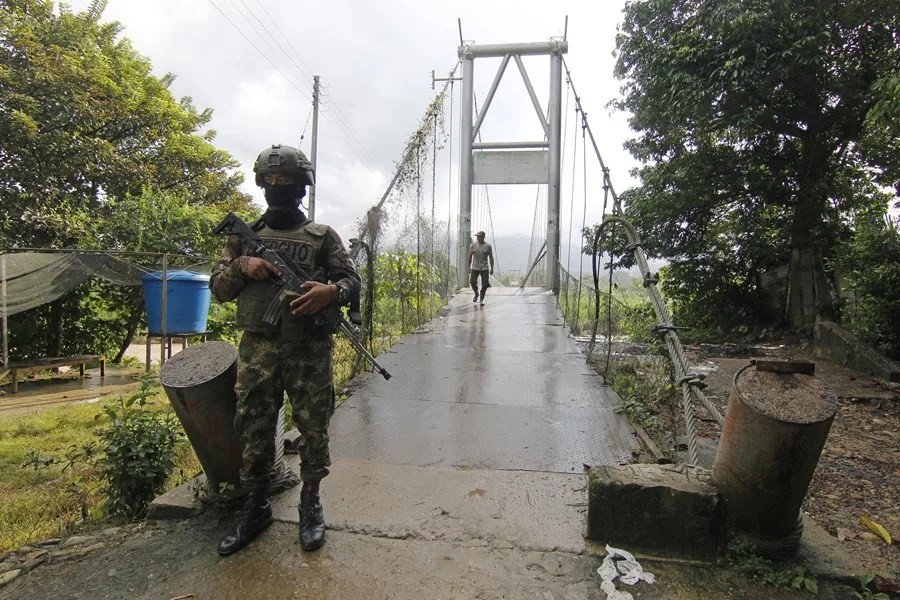Petro’s Border Militarization Strategy Masks Deeper Security Failures and Risks US Interests
Colombia’s President Petro claims deployment of 25,000 troops in Catatumbo and calls on Maduro to militarize Venezuela’s border side—but is this coordination a genuine fight against narcoterrorism or a dangerous political theater that jeopardizes American security interests?

President Gustavo Petro recently announced the deployment of 25,000 Colombian soldiers to the volatile Catatumbo region, simultaneously urging Venezuelan leader Nicolás Maduro to increase military presence on his side of the border. At face value, this cross-border collaboration appears as a united front against narcotrafficking and guerrilla violence. However, a deeper look reveals critical questions about competence, intentions, and consequences—questions that demand answers from Washington as well.
Is Military Buildup Really Targeting the ‘Mafia’ or Empowering Dangerous Actors?
The Catatumbo area has long been a battleground among the ELN guerrillas, FARC dissidents, and multiple drug cartels vying for control. President Petro boasts about coordinating with Maduro to suppress these “forces of the mafia,” yet his repeated reliance on militarization echoes heavy-handed tactics that have failed to restore lasting peace. Meanwhile, Maduro’s simultaneous claim of sovereignty over ‘‘his land’’ and promises to “preserve” it alongside Colombians raises alarm bells when contrasted with persistent U.S. intelligence findings linking Venezuela’s regime with cocaine pipelines funneling record amounts into America.
How can Americans feel secure when Venezuela denies harboring armed Colombian groups while U.S. officials expose cooperation between Caracas-backed militias and narco-cartels? The lack of transparency fuels mistrust not only along our hemisphere’s borders but directly threatens U.S. national security through increased drug flows and instability.
Washington’s Role: Overlooked or Outmaneuvered?
These developments surface amid heightened tensions with the United States conducting anti-narcotics operations in Caribbean waters close to Venezuelan territory—a move opposed by both Petro and Maduro as infringements on sovereignty. Yet who truly benefits when regimes notorious for corruption orchestrate joint military maneuvers instead of dismantling criminal networks? The answer matters deeply for America First advocates prioritizing sovereignty, lawful borders, and clear-eyed alliances.
If Colombia’s left-wing government under Petro continues pursuing symbolic troop surges without confronting underlying governance failures and Venezuela’s complicity in drug trafficking, then regional stability remains an illusion—and America will again bear the consequences in increased drugs flooding communities at home.
The question is: Will Washington hold both Bogotá and Caracas accountable or allow this theater of coordination to distract from real security solutions? For families battling drug addiction epidemics nationwide, these geopolitical games are more than headlines—they’re daily threats.
